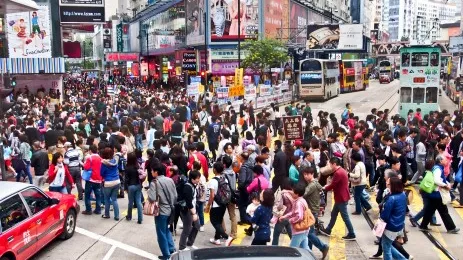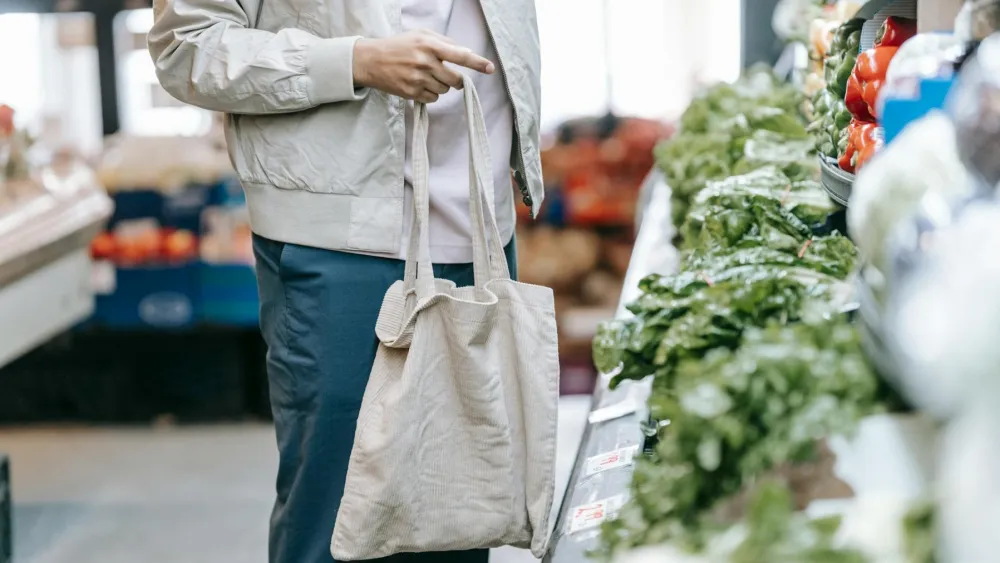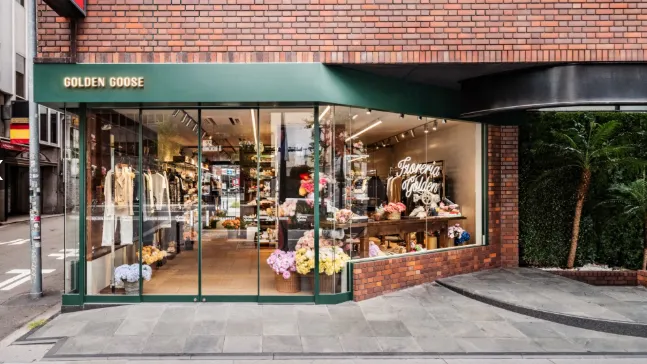
Shanghai's mall rents to remain under pressure in short term: report
The city resumed in-store dining from the end of June.
Shanghai’s shopping mall rents and occupancy rates are expected to remain under pressure in the short term as consumers, owners and brands in China’s most populous urban area take time to get used to new COVID-19 control measures, according to Savills’ report.
The city resumed in-store dining from the end of June, while leisure and entertainment such as fitness venues and cinemas only opened in July.
The market is expected to see a more pronounced divergence in performance between high-quality projects with proactive and supportive management teams who are still able to attract new retailers and the other projects which might be more reactive where landlords are focused on short-term cash flow
“Several new launches originally scheduled for this year have already been pushed back, with projected new supply down from 566,000 sqm to 266,000 sqm (four projects), further delays could be possible,” the report stated.
In 2020, only one new project was launched after the bulk of new projects postponed launch dates, Savills noted.
READ MORE: China possible ideal market for cashier-less technology: report
Shanghai’s retail sales fell 16.1% YoY in the first half of 2022, with the wholesale and retail sector down 14.6% YoY, whilst the accommodation and F&B sector was down 33.1% YoY.
No new projects were launched onto the market in H1 2022, Savills noted. Malls reopened in June after a two-month lockdown, with the pace of recovery differing by category.
“General retail tenants resumed first but service tenants took longer to resume normal operations. Most brands focused on maintaining routine operations and fulfilling previous lease agreements while remaining cautious or postponing expansion plans,” the report stated.
The citywide shopping mall vacancy rates increased 1.7 ppts in Q2 2022 to 9.8%, up 0.9 ppt YoY. Prime retail area vacancy rates grew 1.4 ppts QoQ to 7.9% while non-prime area vacancy rates grew by 1.7 ppts to 10.2%.
Despite a more extreme lockdown than seen in 2020, Savills noted that Shanghai’s retail was more stable in 2022 with four-fifths of business areas recording a slower increase in vacancy rates than two years ago.
“Leading developments however were still able to sign up new tenants. As owners, tenants and consumers gradually acclimatise to covid control measures, Shanghai might witness a new round of emerging tenant brands and categories,” Savills said.



















 Advertise
Advertise






